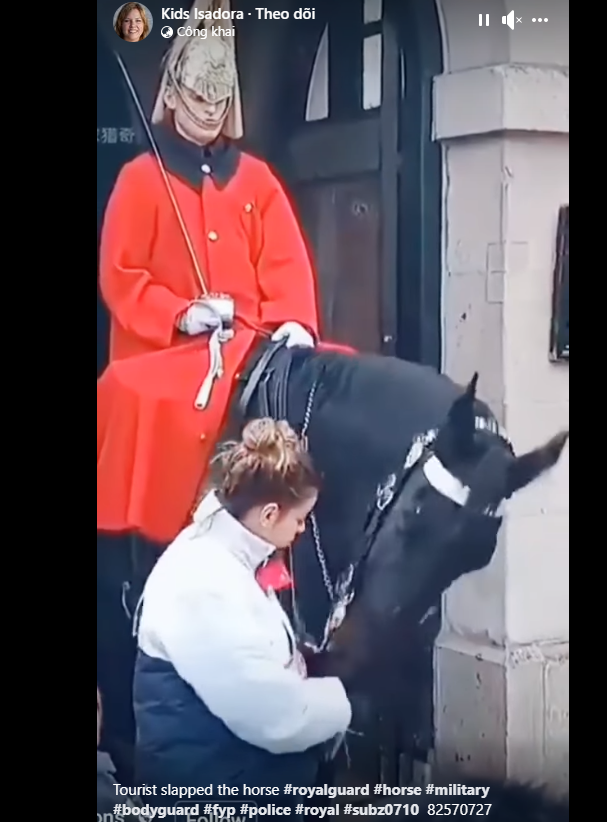Tourism is a global industry that provides countless benefits to both travelers and the destinations they visit. It can boost local economies, create job opportunities, and foster cultural exchanges. However, with the increasing popularity of travel, there are growing concerns about the impact of tourism on the environment, local communities, and even animals. One recent incident that made headlines around the world involved a tourist who slapped a horse, raising questions about responsible tourism and the need for greater awareness and education.

The Incident: Tourist Slaps a Horse

In a picturesque coastal town, known for its serene beaches and thriving tourist industry, a shocking incident occurred that sent shockwaves through the community and beyond. A tourist, excited by the opportunity to interact with local wildlife, approached a horse that was providing rides along the beach. Instead of simply petting the horse or engaging with it in a responsible and respectful manner, the tourist chose to slap the horse on its hindquarters. The horse, startled and frightened, reacted by rearing up and almost unseating its rider, a local handler who was experienced in guiding beach rides.
This incident was captured on video by a fellow tourist, who immediately shared it on social media. The video quickly went viral, leading to widespread outrage and condemnation of the tourist’s thoughtless and disrespectful behavior.
Responsible Tourism: A Call for Awareness
While incidents like this are unfortunate, they serve as stark reminders of the importance of responsible tourism. Responsible tourism is a concept that emphasizes the need for travelers to respect the environments and cultures they visit. It encourages travelers to be mindful of the impact they have on their chosen destinations.
-
Respect for Local Customs and Traditions: Responsible tourists take the time to learn about the customs and traditions of the places they visit. They understand that their actions and behavior should align with local practices and values.
-
Preservation of the Environment: Travelers have a responsibility to minimize their impact on the environment. This includes reducing waste, conserving resources, and supporting sustainable practices.
-
Consideration for Local Communities: Tourism can have both positive and negative effects on local communities. Responsible tourists strive to make a positive impact by supporting local businesses, respecting local residents, and contributing to the economic well-being of the community.
-
Ethical Treatment of Animals: One critical aspect of responsible tourism is the ethical treatment of animals. Many tourist destinations offer opportunities for animal interactions, such as riding horses, elephant sanctuaries, or swimming with dolphins. However, it’s essential that these interactions are conducted in a way that prioritizes animal welfare and adheres to ethical practices.
The Aftermath: Lessons Learned
The incident of the tourist slapping the horse serves as a valuable lesson for all travelers. It underscores the need for greater awareness and education on responsible tourism. Travelers must realize that their actions can have far-reaching consequences, not only for the destinations they visit but also for their fellow travelers and the global community.
Tourism authorities and organizations play a crucial role in promoting responsible tourism. They can implement guidelines, offer training for tourist operators, and raise awareness among travelers about the do’s and don’ts of respectful and ethical travel.
In conclusion, tourism is a powerful force that can promote understanding and appreciation among people of different cultures. However, it must be approached with a sense of responsibility and respect. The incident of the tourist who slapped the horse serves as a stark reminder of the importance of responsible tourism and the need for travelers to be mindful of their actions while exploring the world’s diverse and beautiful destinations.
https://www.facebook.com/reel/1040432953652757

